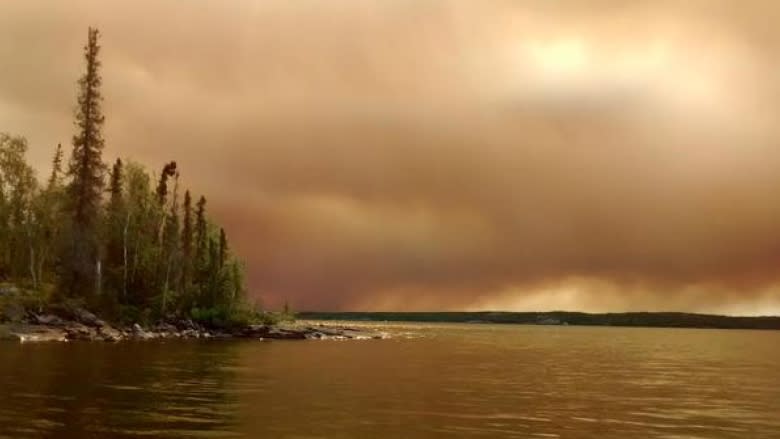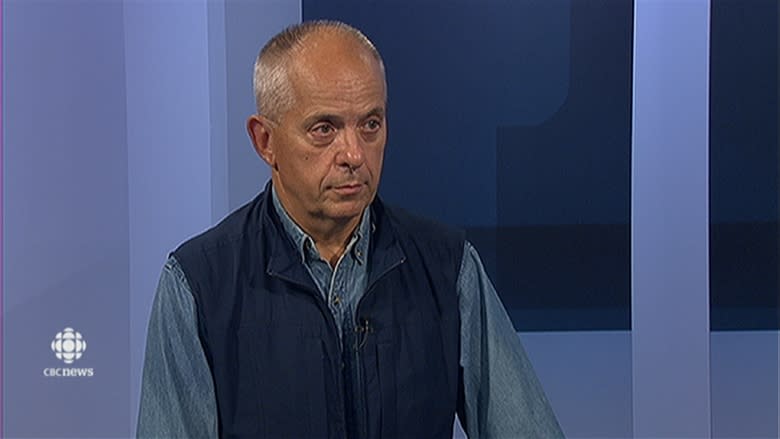2015 N.W.T. fire season was the 2nd-worst on record
This year's forest fire season in the N.W.T. was much less terrible than the summer of 2014, but it still stacks up as the second-worst fire season on record, and the ongoing drought is going to cost the territory millions in lost hydro generation.
Last year's fire season was "unprecedented," according to Michael Miltenberger, the territory's minister of Environment and Natural Resources as well as Finance. This year was considerably milder, but still included 241 fires that burned 6,300 square kilometres of land.
"We're still four years into a drought," Miltenberger said. "We have rivers that are running extremely low, lakes that are down, so we didn't spend as much money on fires, but the impacts of climate change, global warming, are still there."
The 2014 firefighting season cost about $33 million, Miltenberger said, compared to last year's $60 million.
Even more significant, Miltenberger said, will be the cost to generate power.
"We continue to have hydro we can't run because there's no water," he said. "We're looking at tens of millions of dollars in diesel because there's no water."
'Another very excellent job'
Miltenberger said the government will continue to review the season in order to learn how to improve. In the meantime, he's calling it a "well handled fire season."
"I think the folks that put themselves in harm's way have done another very excellent job, for which I thank them on behalf of the people of the N.W.T."
This year, several N.W.T. fire crews fanned out across North America to help with other extreme fire seasons.
Miltenberger said it was an opportunity to return the favour from 2014, which saw an influx of firefighters to the N.W.T.
"It's not just a generous offer," he said. "It's a business arrangement where we get paid for the services we provide, but it's just the issue of being able to help out those jurisdictions that are really being pressed to the wall by the fires."
Cool, rainy weather around the territory have helped bring the fire season to a close. That's a trend Miltenberger hopes will continue.
"I'm hoping for a really, really wet fall. And enormous amounts of snow in the wintertime."



